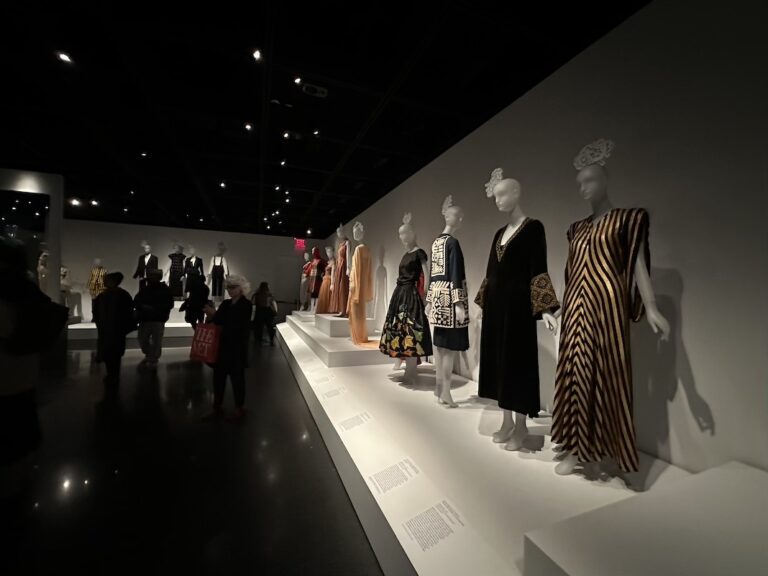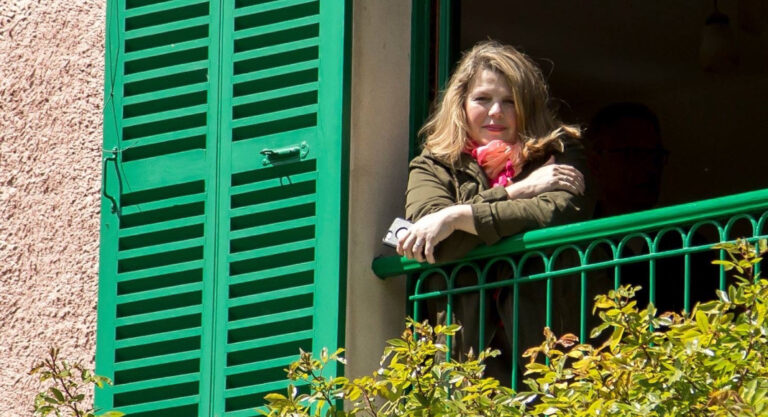In 1966, French yé-yé singer Marie Laforêt brought to France “Marie Colère, Marie Douceur,” a hit cover of the Rolling Stone’s “Paint it Black”, growling in a sexy, guttural voice, “Marie colère est maintenant là devant toi, Marie douceur n’est plus qu’un souvenir déjà.”
Far from depicting a demure, submissive woman, the song y va cash: Marie lets it be known she’s got a soft side, but that she won’t hesitate to bring out her claws if she gets pissed.
I have often remarked that the song is a fitting introduction to the way in which French women tend to handle their anger. Spoiler: it’s very different from us females in the good old US of A.
For many American women, anger is an uncomfortable word, and an even more uncomfortable emotion. But it goes further than a lack of comfort. American women have learned for too long that expressions of anger are unacceptable because they are “unfeminine and unpleasant”. In short, women just can’t win when it comes to expressing anger in the American cultural sphere. Strong paradoxes are woven into the fabric of the way our society looks at feminine outrage.
What if, instead of feeding into American cultural underpinnings, we turned to our Gallic sisters for some inspiration? French culture does not shy from conflict when it comes to friction between people. Moreover, French women know that acknowledging and expressing anger is not only part of emotional intelligence, but also a way of defending their own boundaries, keeping interpersonal relationships in check, and making passive-aggressiveness terriblement mauvais goût.
Simone de Beauvoir puts it best in The Second Sex, “It is perfectly natural for the future woman to feel indignant at the limitations posed upon her by her sex. The real question is not why she should reject them: the problem is rather to understand why she accepts them.” If expressing anger is a limitation placed on women in American culture, then what is there to learn from those indomitable françaises who have inherited Beauvoir’s staunch defense of women? What can be learned from their playbook? For one, a healthier relationship to anger.
Passionate anger, there may be, but there is hardly any passive-aggression. The usually reserved and soft-spoken French will raise their voices to a fever pitch and the occasional expletive the likes of putain, putain de merde, or fait chier will fly. The upside of passionate anger? A French woman has no fear of going head to head. She will not avoid conflict. I witnessed this for the first time in 2010, the fall I arrived in France, working as a teaching assistant in the western suburbs of Paris. That year, I lived with a French family in Saint-Germain-en-Laye as their au pair. One afternoon, the mother of my host family went off on her 13-year old daughter.
Perched on the third floor, I could hear their argument from the rez-de-chaussée, and it made even me quiver in my boots. Yet, a few hours later, seated at the dinner table as a family, mom and daughter were as happy as larks. They had worked out their argument (over daughter borrowing mother’s heels without asking), with no need to bring it to the dinner table. No underhanded barbs or tense ambiance polluted the evening.
What accounts for the amount of heat that goes into a French argument? French women, I’d suggest, don’t play nice for nice’s sake, and this comes down to boundaries, self-confidence and assertion. My former boss was quite skilled at this, and often put me in my place – she was very clear when she thought I had overstepped my bounds, and vociferous about it. Likewise, a French girlfriend calls herself #BossyC because, you guessed it, she has a strong way of checking people when she feels a situation is just NOT cutting it. Most recently, this was to tell a number of her friends, me included, that we were inconsiderate for not contributing to a friend’s collective gift earlier. Though her barbs were rather sharp tongued, it was frank. And the Francs, they’re pretty damn frank.
A French woman’s love of frankness is not disconnected from self-awareness. When angry, she knows plainly what she is angry about, and won’t throw in the whole kitchen sink. She focuses her argument on one issue, and won’t rip you for anything else. I offer up a prime personal example: in my former life as nanny, I was known to make critical errors, as one does at 23 when responsible for another human’s set of tiny humans. One Sunday evening, after returning from the countryside where my charges spent their weekends with their father, I received an unpleasant phone call, in which my employer proceeded to tell me I had inadequately prepared her child for a test the next morning. I thought she hated my guts. Looking back at that moment, I know that the point of that call was less about the child’s preparation—what was done was done— and more about expressing emotion rather than retaining it. My employer said her piece. I learned, and we both moved on.
American women can learn this from Frenchwomen: Anger has a purpose. It is a frustration of expectations, and shows us our limitations. Perhaps this is why we américaines don’t like expressing it; it reveals, in a very vulnerable and deliberate way, our own boundaries, which requires affirming our own importance.
But if there is one very important skill to be learned from French women, it isn’t staying thin, being elegant, or dressing with a certain sense of chic. It’s handling conflict.







